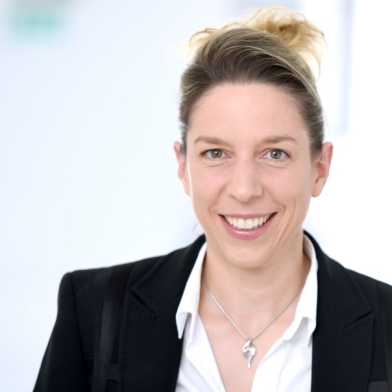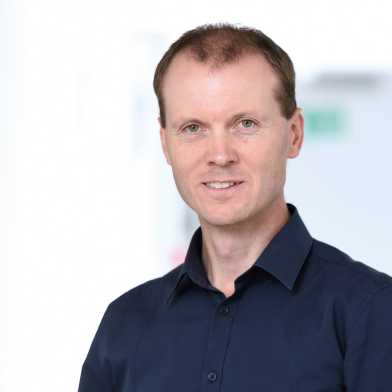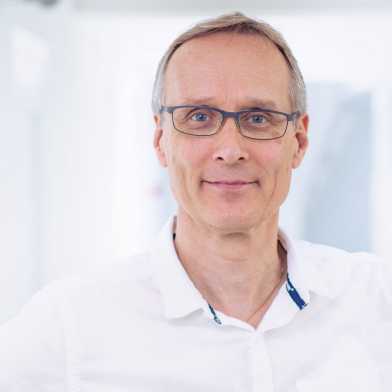04
Raising awareness for the pandemic in India

When Switzerland prepared for national lockdown second-year PhD student Upnishad Sharma decided to head home to his parents in India. The day he arrived, he suffered from symptoms typical for COVID-19 infections - and was tested positive. On request of the Indian government, he produced a video clip in his local language from his hospital bed in order to prepare the population for the pandemic. Viewed by some 12 million people, Upnishad became a renowned figure - only the mask saved his anonymity.
During COVID-19 times teaching has gone virtual - what is next?

On 13 March, ETH Zurich announced the immediate suspension of classroom teaching and the switch to online teaching. How did students cope with this extraordinary situation? What are the next steps back to normal? And: how do we welcome the fall cohort of new students - face2face or virtually? Interview with Dagmar Iber, Director of Studies at D-BSSE.
ETH Blog: Why does COVID-19 affect old people more than young people?
As we age, our lung tissue becomes stiffer – and this is a phenomenon that SARS-CoV-2 may be exploiting. Caroline Uhler from D-BSSE and G. V. Shivashankar outline their hypothesis.
Microfluidic device allows profiling of cancer cells

Circulating tumor cells (CTCs) in the blood stream of cancer patients are linked to the formation of metastasis. Researchers from the group of Petra Dittrich together with colleagues from the University Hospital Basel and the University of Basel now developed a method based on a microfluidic device to capture the rare CTCs from full blood samples. The aim is to provide clinicians with a tool that helps characterise CTCs and hence, contribute to targeted cancer therapies.
«I miss the contact to people»

For the past five weeks, the D-BSSE buildings were deserted, only a few researchers held the special permission to work in the labs. Christian Beisel, Head of the Genomics Facility Basel, also kept the sequencer running for long-term projects that could not be stopped - and for the new COVID-19 projects. An interview.
ITS Science Colloqium with Tanja Stadler

On 12 May, 4 PM, Tanja will speek about "Understanding the epidemic spread of COVID-19 through analysis of Sars-CoV-2 genomes" as part of the Science Colloqium organised by the Institute for Theoretical Studies at ETH Zurich. Check the website for the Zoom-meeting URL: https://bit.ly/3cYrwrF.
TWIST workshop series - going virtual

On 30 April, the Towards more Women in Science and Technology (TWIST) Basel initiative is going virtual: Irene Wüthrich, ETH Pioneer Fellow and D-BSSE alumna, currently incorporating the biotech company SpheroBiotics, will speak about her experience with the entrepreneurship world and launching a start up. Find more TWIST events and the link for registration at twistbasel.com.
D-BSSE COVID-19 expert is backing federal actions

In an interview with the Swiss news TV, Tanja Stadler reports that the implementation of measures by the Swiss government to fight the pandemic led to a significant drop in the reproduction number below 1. And: “The measures were helpful - but without the lockdown no such slowing of the spread would have occurred”. Watch SRF Tagesschau from 21 April (in German).
Analyses for getting to grips with the pandemic

ETH researchers are developing and improving methods to detect the pandemic virus or virus-specific antibodies. With the help of such tests, the scientists are also investigating the details of how the pathogen is spreading. A project overview including the COVID19-projects of Sai Reddy, Tanja Stadler, Niko Beerenwinkel and Barbara Treutlein.
What does it mean to be the manager of the D-BSSE shutdown?

Niels Bürckert is the Head of Infrastructure Services at the D-BSSE. He is also a key person before and during the D-BSSE shutdown. Interview about challenges and protocols during the shutdown - and the way back to normal.